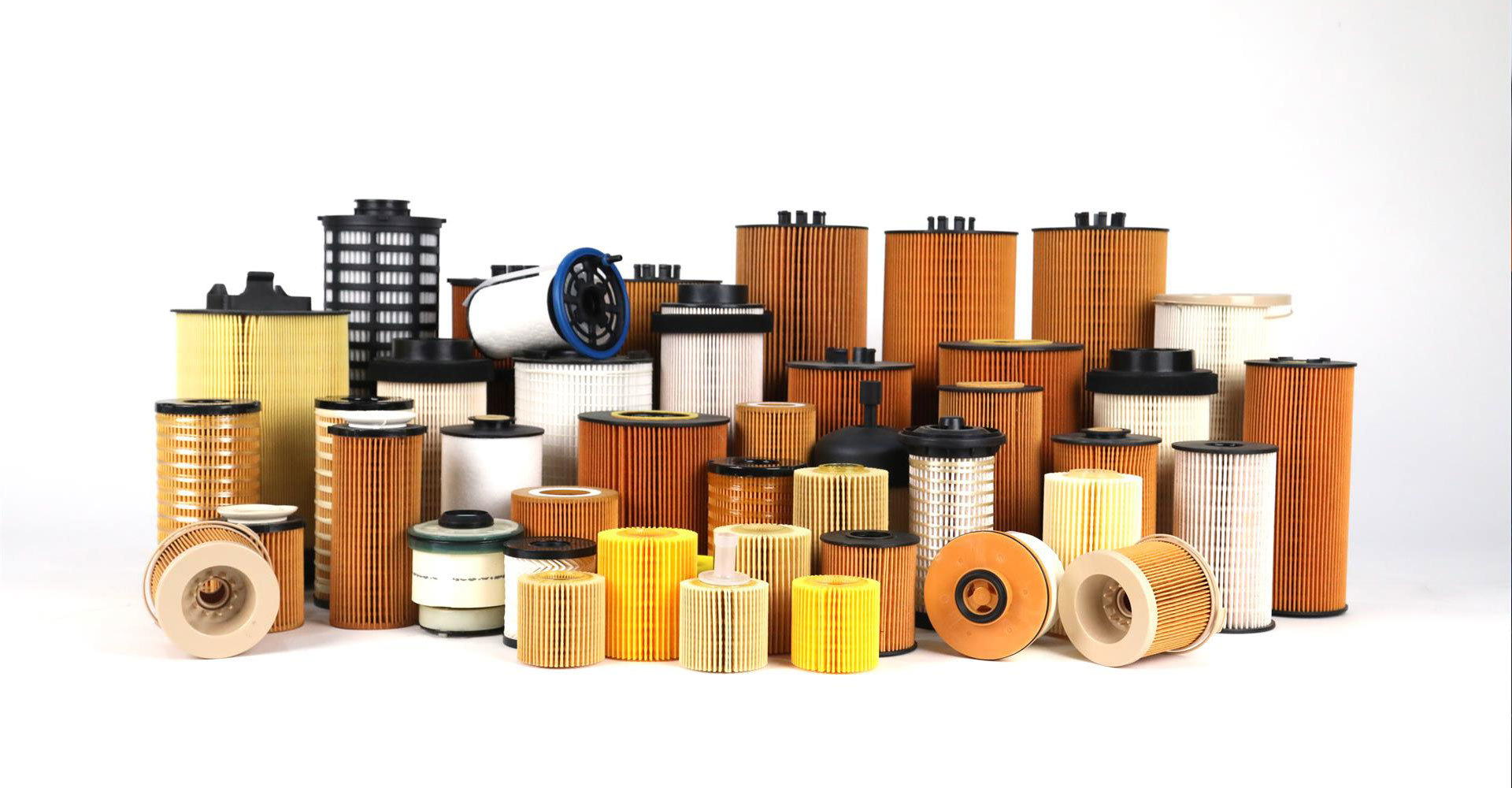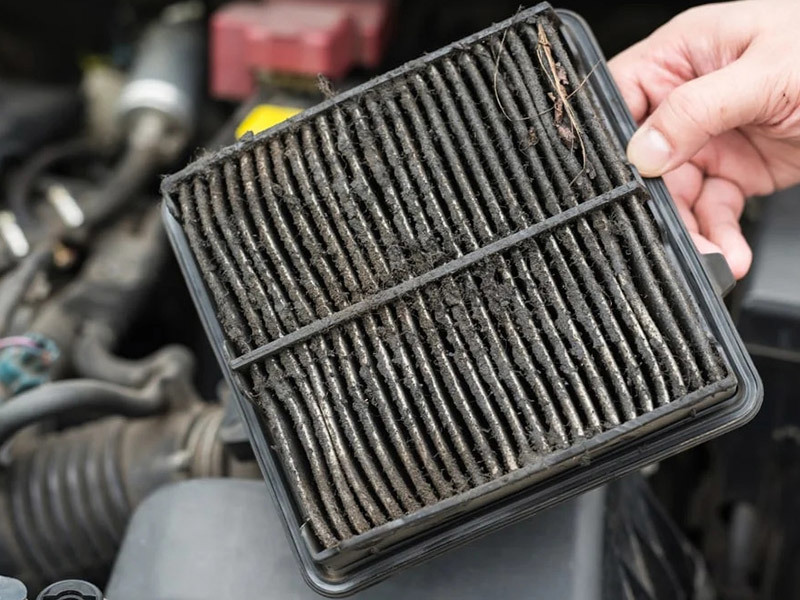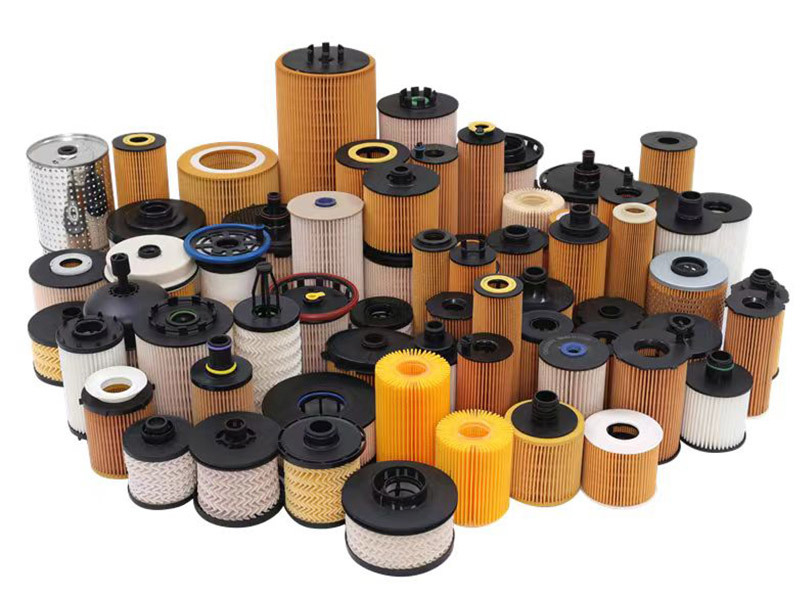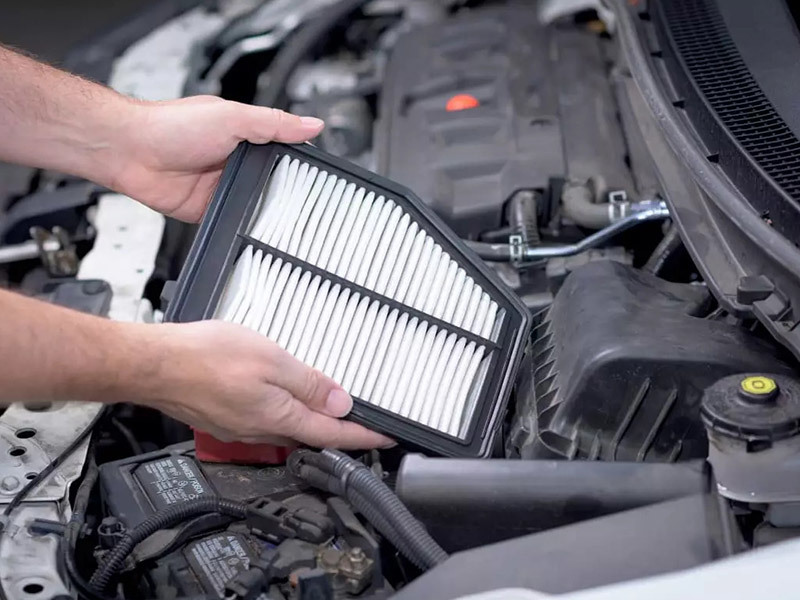Focus On Hot Spots
Contact Info
E-mail: tengsen@injenfilter.com
Business Phone: +86-18131928561
WhatsApp: +86-18131928561
Address: Ge Xianzhuang Zhen Wu Jia Na Cun Xi, Qinghe County, Xingtai City, Hebei Province
Understanding the Importance of Automotive Fuel Filters for Optimal Engine Performance
Release Time:
Sep 26,2025
Automotive fuel filters play a crucial role in maintaining the performance and longevity of a vehicle’s engine. These components are designed to remove contaminants, such as dirt, rust, and other particulates, from the fuel before it reaches the engine. By ensuring that only clean fuel enters the combustion chamber, fuel filters help prevent engine wear, enhance fuel efficiency, and reduce emissio
The primary function of an automotive fuel filter is to trap impurities and particulates that can clog fuel injectors and fuel lines. Clogged filters can lead to reduced fuel flow, resulting in poor engine performance, increased fuel consumption, and even engine misfires. Therefore, regular maintenance and timely replacement of fuel filters are critical for optimal engine performance.
Fuel filters are typically made from a combination of materials, including paper, synthetic fibers, or metal mesh. The choice of material affects the filter's efficiency and lifespan. For instance, some filters are designed to capture larger particles, while others excel at trapping fine particulates. It’s essential to select a filter that meets the specifications of the vehicle, taking into account factors such as engine type and fuel system design.
The location of the automotive fuel filter can vary between different vehicle models. Some filters are situated within the fuel tank, while others are found along the fuel line. Understanding the specific location of the filter in a vehicle is crucial for proper maintenance and replacement. Regularly inspecting the fuel filter for signs of dirt accumulation or damage is a good practice. Many automotive professionals recommend replacing fuel filters every 30,000 to 50,000 miles, depending on the vehicle's usage and fuel quality.
In addition to regular maintenance, it's also important to consider the impact of fuel quality on the fuel filter's performance. Using high-quality fuel can minimize the amount of contaminants that reach the filter, thus prolonging its lifespan. On the other hand, low-quality fuel can introduce additional impurities that can clog the filter and lead to costly repairs.
In summary, automotive fuel filters are essential components that ensure the efficient operation of a vehicle's engine. By filtering out harmful contaminants from the fuel, they protect critical engine parts and enhance overall performance. For automotive professionals, understanding the importance of these filters, their maintenance requirements, and the impact of fuel quality is vital for delivering exceptional service and advice to clients. Emphasizing these aspects in your discussions with customers can enhance their knowledge and appreciation of their vehicle’s fuel system, ultimately leading to better performance and reliability.
Key words:







